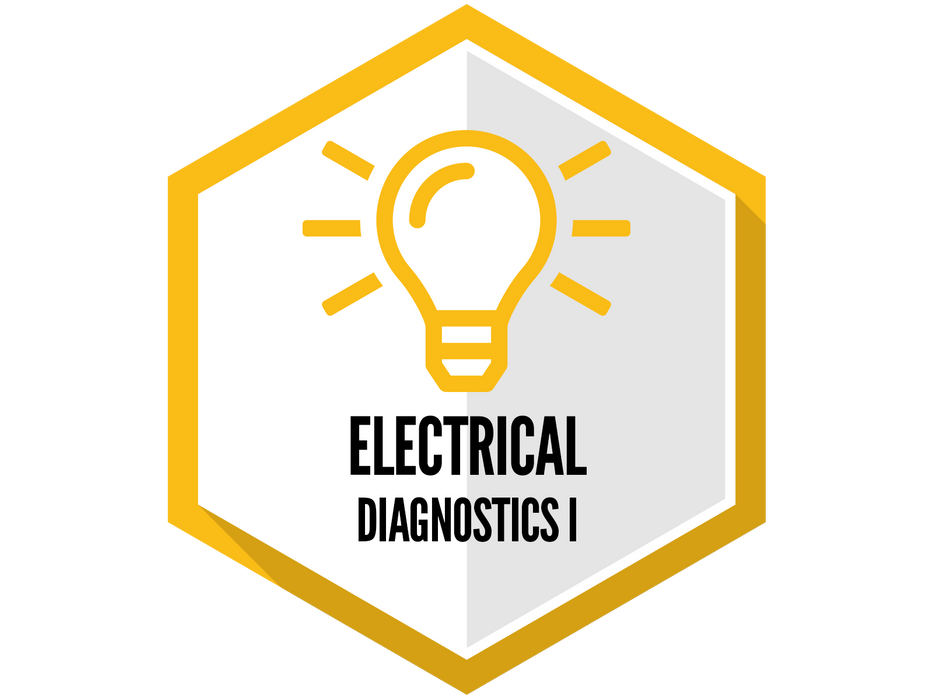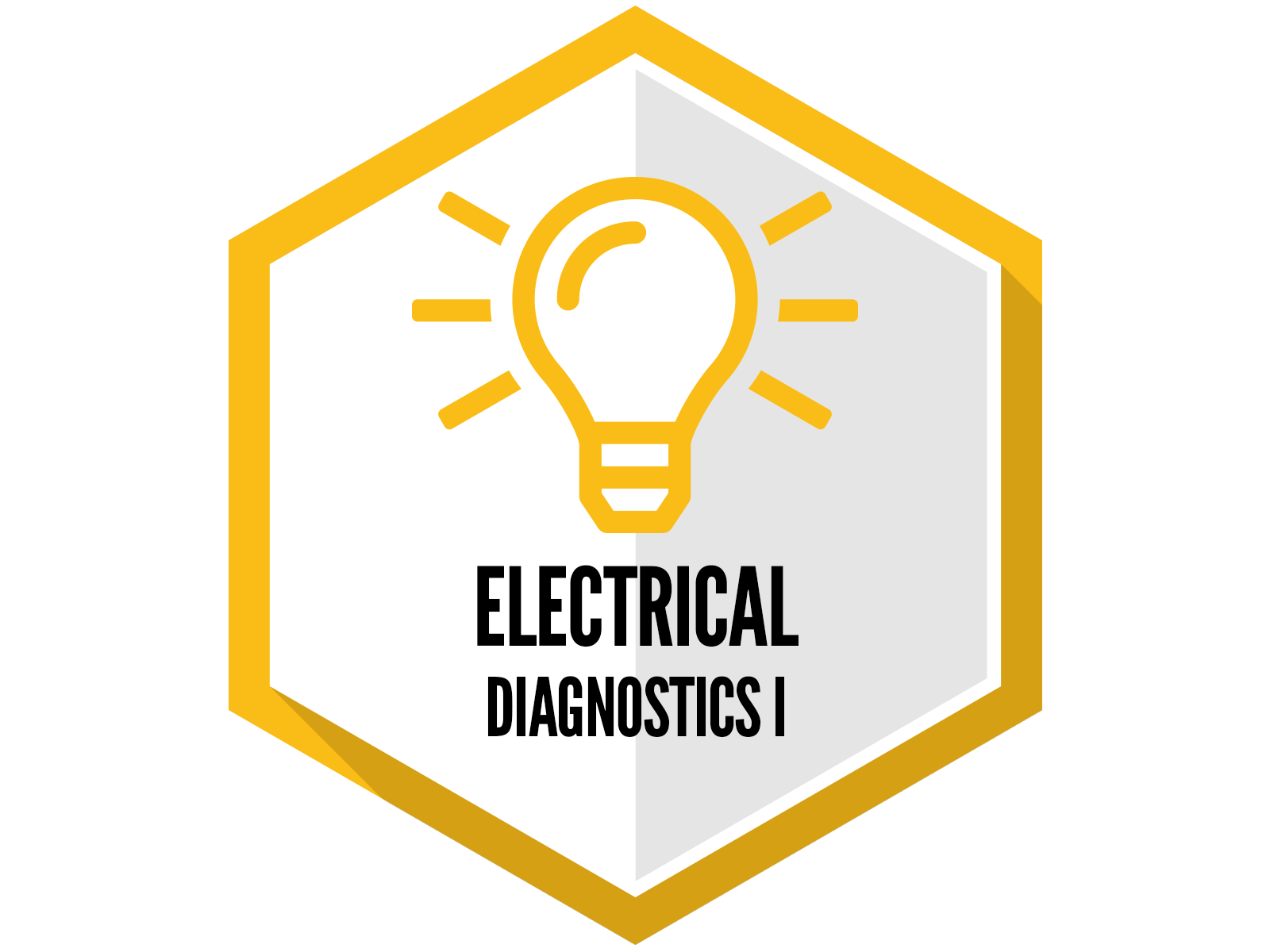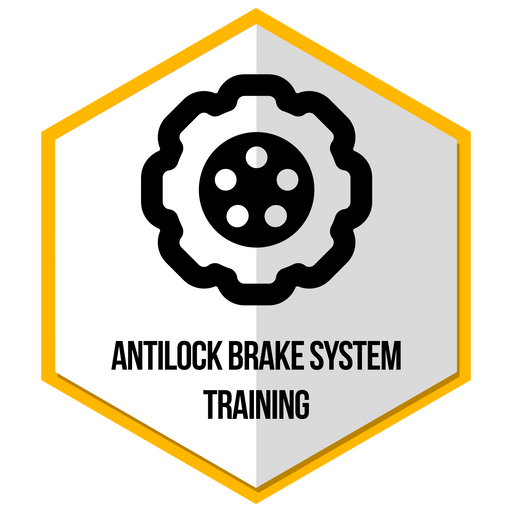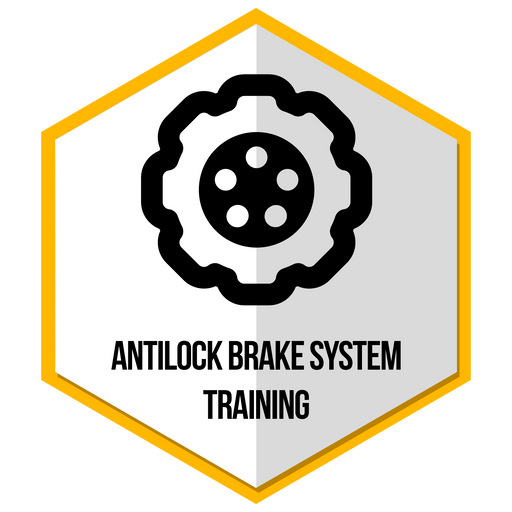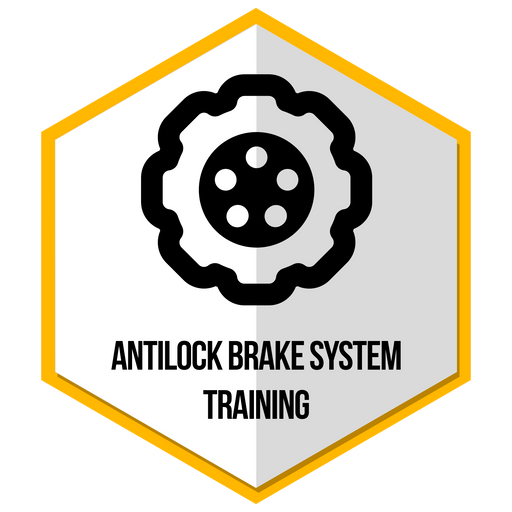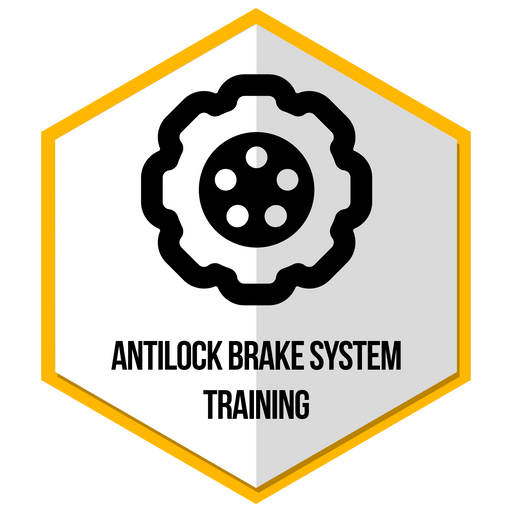Electrical Diagnostics I - Columbia, SC
Electrical Diagnostics I - Columbia, SC
Class Details
- Time: 8am - 5pm EST
- Location:
Diesel Training Columbia Site
94 N Shorecrest Rd
Columbia, SC 29209
Refund Policy
Heavy-duty vehicles continue to add more electrical systems as advances in technology are allowing the use of things such as multiplexed control modules, driver assistance systems, safety systems like roll stability, and data-linked systems for body manufacturers to integrate into the vehicles. While these systems are increasing in complexity, it’s imperative for you as a technician to have a solid foundation in the basics of electrical diagnostics. Without these skills, you’re bound to waste time and make incorrect diagnoses. Our ASE and OEM certified Diesel Technician trainers will help you gain the skills and ability needed to diagnose modern heavy-duty electrical systems efficiently and accurately.

Basic Electrical Theory
In this class, you’ll get an overview of the fundamentals of electrical flow. You’ll learn the necessary skills used by technicians to diagnose the most common wiring and electrical issues.
See All Topics
Topics Covered:
- How electricity works and how we identify and use it to perform functions
- What voltage, amperage, and resistance are and how to quantize and use them to correctly perform their diagnostic procedures
- How to properly use a multimeter to test the most common functions of electricity
- How to perform amperage draws, voltage drops, and continuity tests with a multimeter
- Difference between parallel and series circuits and how that affects troubleshooting sensors and wiring
- Ohm’s Law and the relationship between voltage, amperage, and resistance
- Difference between open circuits and short circuits and how to diagnose them quickly and efficiently
- Limitations of multimeters and how to supplement by using load testing techniques to give accurate information

Shift from Mechanical to Electrical
Many previously mechanical systems are now being integrated with electronic systems. For example, automated transmissions now use control sensors, modules, and actuators to shift what was historically a mechanical transmission. Many other tasks have made the switch from mechanical to electrical control due to the added versatility. For example, variable geometry turbocharger technology has replaced many of the standard wastegate actuators of the past.

Industry Versatility
The best part about learning these electrical diagnostic skills is that they aren’t specific to any industry. With the skills and techniques from this class, you’ll be able to work on everything from heavy-duty vehicles, off-highway equipment, generators, really any piece of equipment with an electrical system.

Hands-on Training
To reinforce the concepts learned in this course, our training department has developed training aides to give you hands-on repair experience. These aids mimic real-life circuits such as HVAC control units, starter circuits, and automated transmission wiring circuits. At the end of the course, you'll receive a certificate of completion.
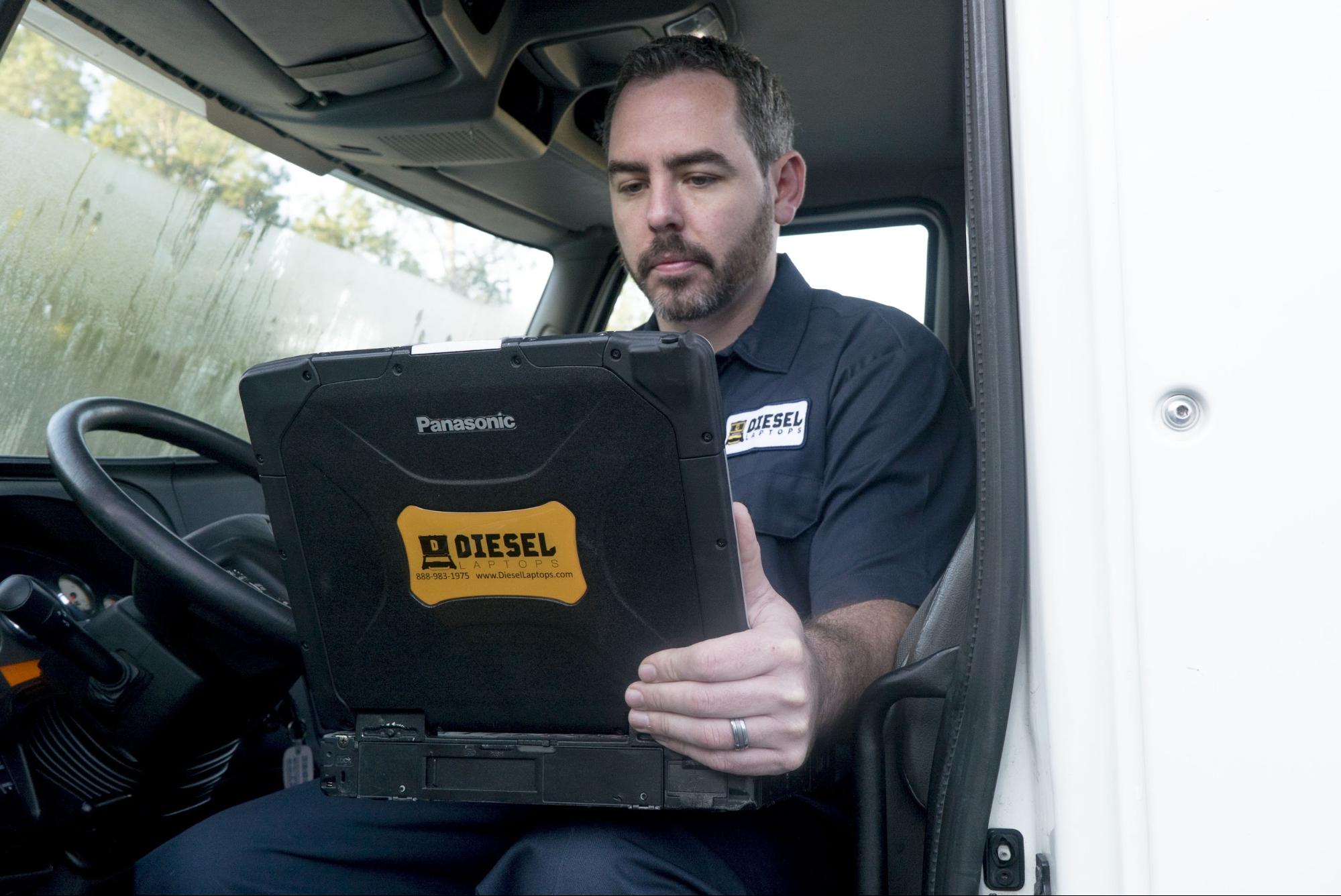
Benefits for Diesel Technicians
This class will help you build a foundation that will take your career as a technician to new levels. No matter your field, this course will take you through the basics of electrical theory and teach you skills that can be built upon for years to come. Becoming proficient in skills such as resistance and amperage checks will make your job easier and allow you to earn respect and pay that reflects this proficiency.

Benefits for Shop Owners and Managers
The skills your technicians learn in this class will help them diagnose equipment quickly and efficiently resulting in less time wasted on incorrect diagnostics and repairs ultimately leading to less downtime. Because of the heavy electrical nature of today’s repairs, the ROI from teaching your technicians these electrical skills will be evolving and ever-growing.

